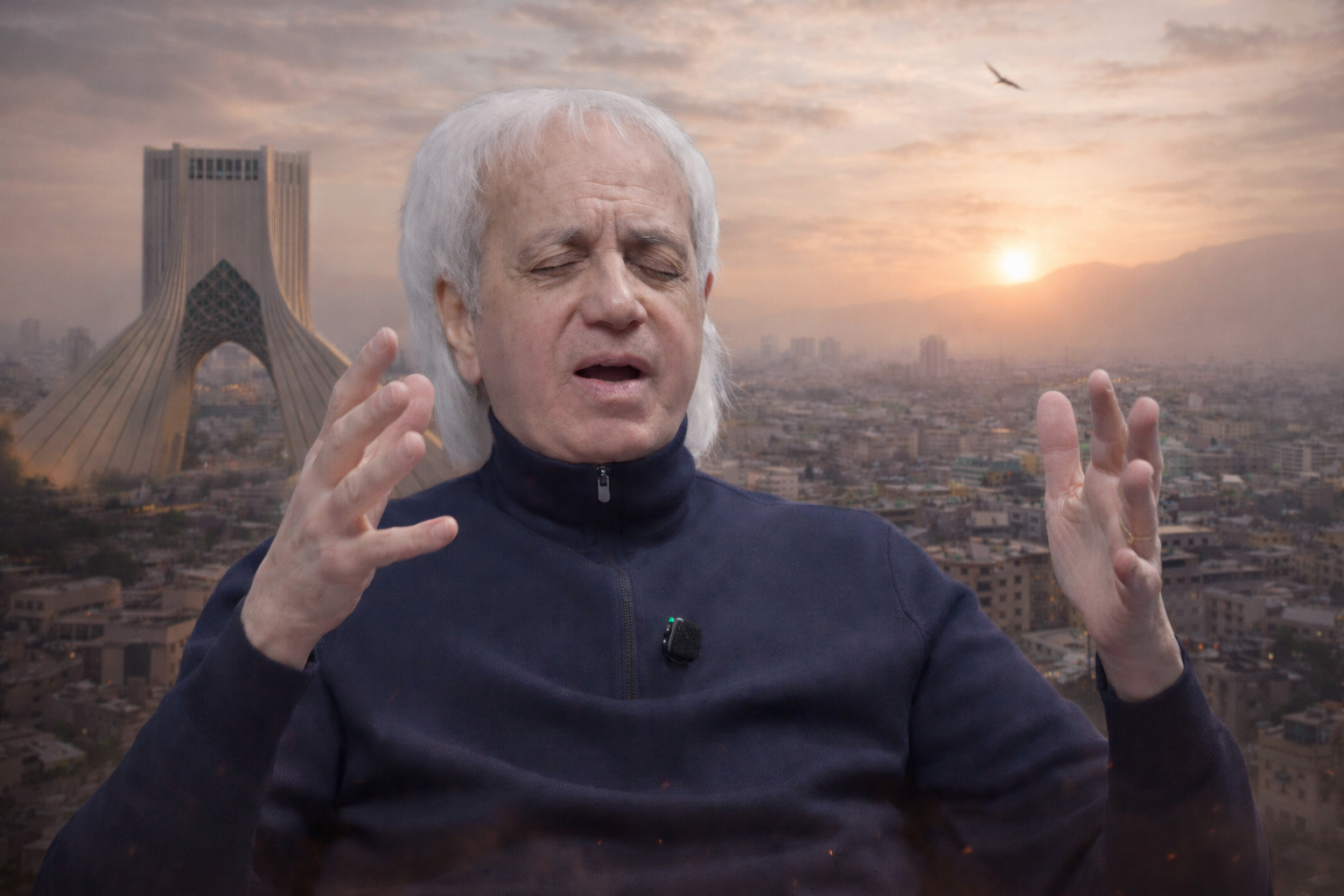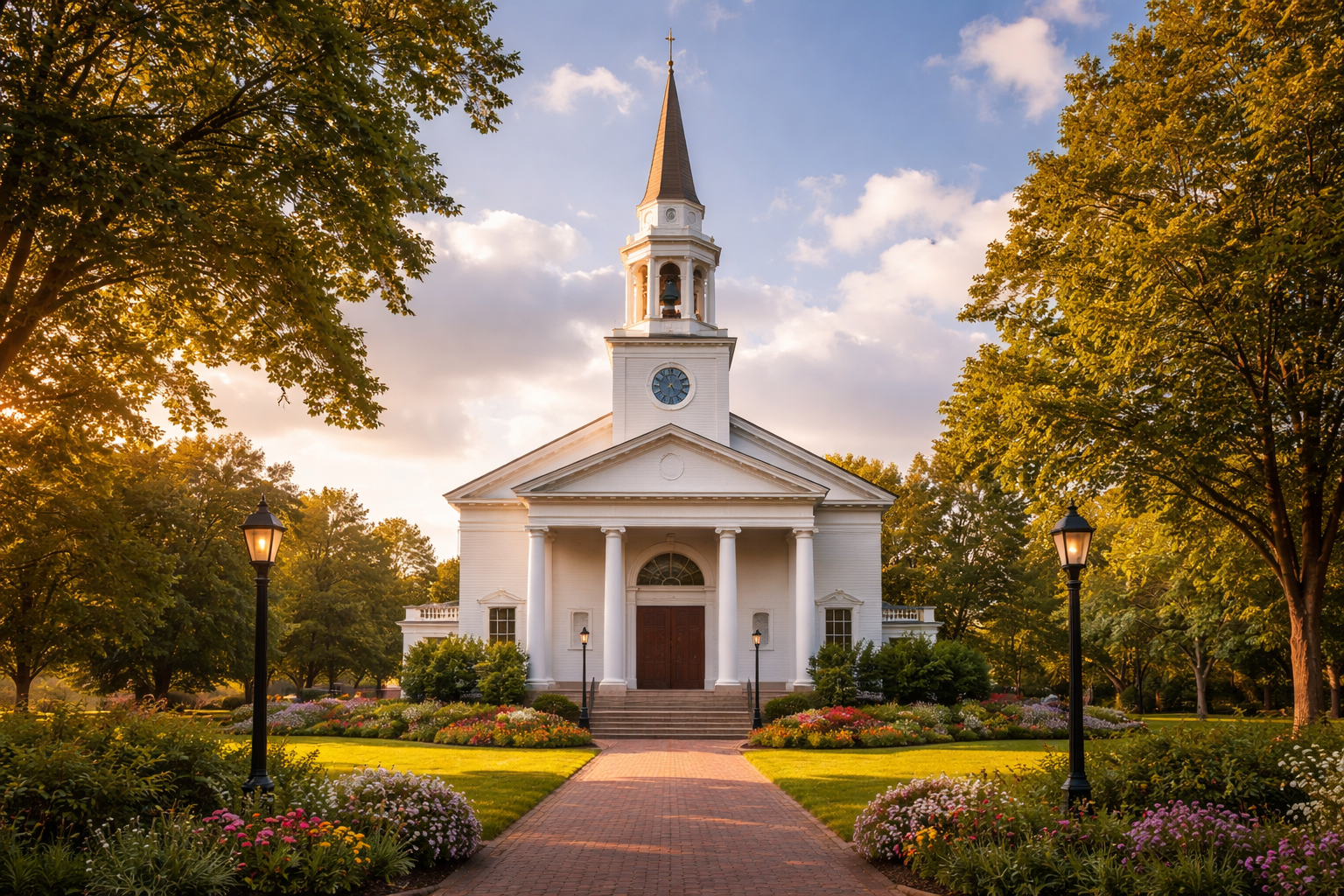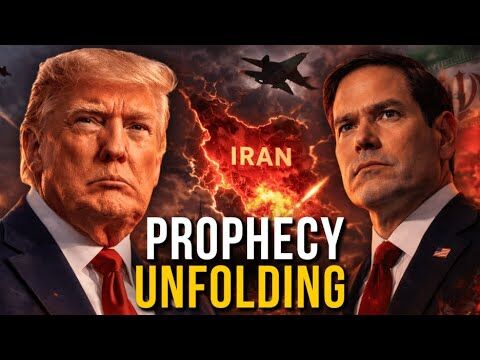
The 8-foot Mojave Desert Memorial Cross was erected in 1934 by the Veterans of Foreign Wars (VFW) as a memorial to fallen World War I soldiers. It became a popular site for Easter services, and in 2001 the American Civil Liberties Union filed a lawsuit claiming the cross violated the Establishment Clause.
Since then the cross has been a flashpoint in debates about religious symbols on public property. Congress even intervened, passing a statute in 2003 authorizing that the land under the cross, an area known as Sunrise Rock, be transferred back to the VFW to resolve the constitutional issues.
But a federal district court later ruled that the transfer was an invalid attempt to evade its earlier ruling to remove the cross, and the memorial has since been covered.
In its 5-4 ruling last April, the Supreme Court saw things differently and ordered the district court to reconsider the validity of the land transfer. “The land-transfer statute embodies Congress’s legislative judgment that this dispute is best resolved through a framework and policy of accommodation for a symbol that, while challenged under the Establishment Clause, has complex meaning beyond the expression of religious views,” Justice Anthony Kennedy wrote in the majority opinion. “That judgment should not have been dismissed as an evasion.”
The decision does not directly address the constitutionality of religious symbols on government land, and fresh debates are likely to surface. But observers say the ruling bodes well for Christians defending such displays. Kennedy wrote that avoiding government endorsement of religion does not require the removal of all public religious symbols. “A cross by the side of a public highway marking, for instance, the place where a state trooper perished need not be taken as a statement of governmental support for sectarian beliefs,” he wrote. “The Constitution does not oblige government to avoid any public acknowledgment of religion’s role in society.”
The cross remains covered as the case returns to the lower court.












































